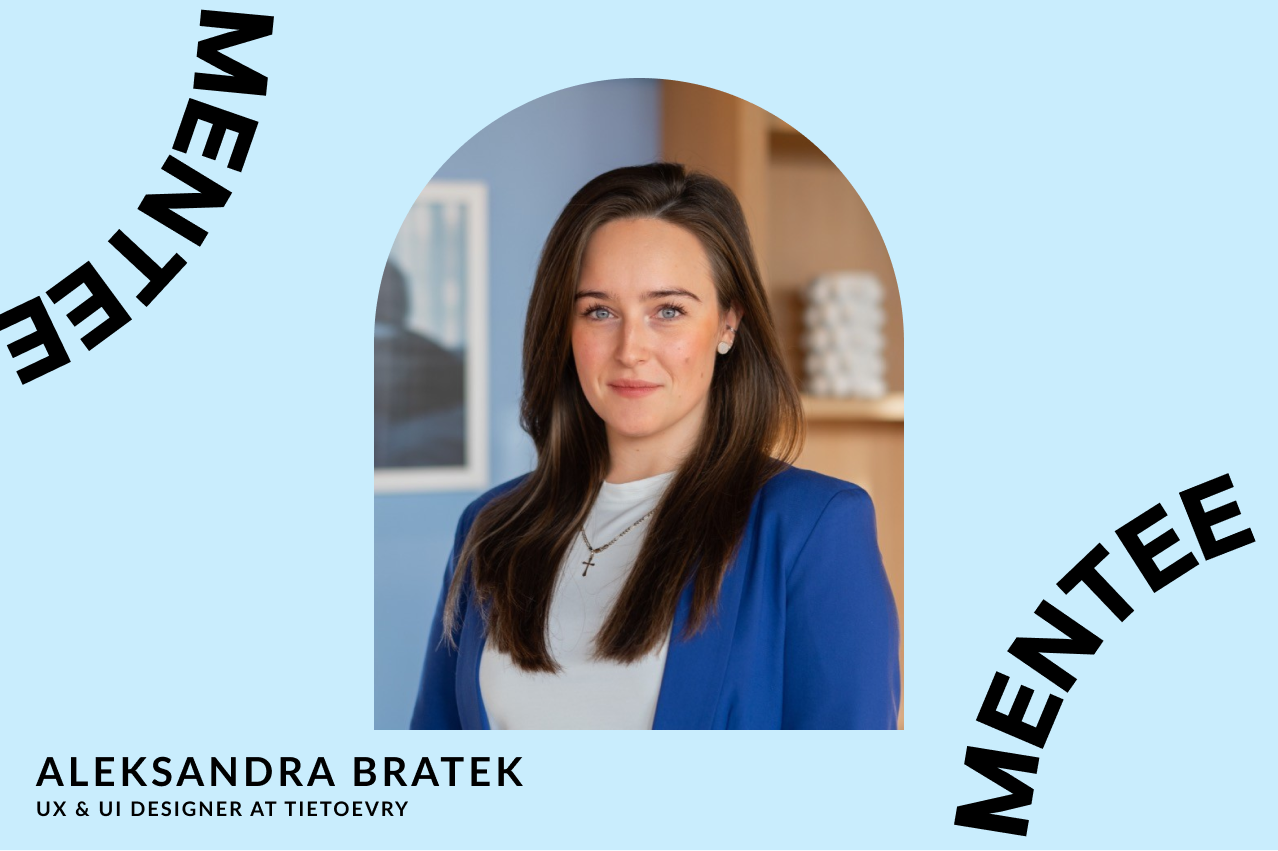
Organisations often proactively advise women to proactively seek leadership roles by ensuring goals for the proportion of women in leadership positions or insisting on a diverse slate of candidates for senior positions. However, they do not address the often fragile process of coming to see oneself, and to be seen by others, as a leader. This often involves a fundamental identity shift that also requires addressing policies and practices on what people tend to associate with leaders.
In June, we hosted a career conference in Berlin covering various topics on growing one’s career. One of our panels was on ‘Women in Leadership: Climbing the ladder,’ with Angeley Mullins (Chief Commercial Officer at Resourcify), Stefanie King (Chief Strategy & Growth Officer at OptioPay Group), and Chiedza Muguti (Chief Product Officer at Alteos). We heard directly from women who have made it to the top. They shared with us their own definition of good leadership, take on the transition from individual contributor to leader, the best thing one can do to thrive in a leadership role and so much more.
From our conversation with Angeley and Stefanie after the panel, we put together some key-takeaways from the panel to make their insights accessible to those who were not able to join us.
Angeley stressed the difference between effective management and good leadership. Effective management is about achieving the goals that the organisation needs to achieve. Whereas good leadership is about taking care of the people within the organisation and making sure that they have everything they need in order to achieve the goals. It is also about making sure that the right people are in the right place. Once you learn this as a leader you end up creating more dynamic and effective teams who trust each other which creates a healthy organisation.
Angeley pointed out that the skills required to be a proficient individual contributor is completely different from what is needed to be an effective leader. Leadership is about people and about leading people to work together and achieve together. Stef shared that one of the most important parts of the transition is to change how you view your performance: your productivity is suddenly not just about your output, but more so about the environment and support you’re creating for your people, and the quality of their output as a result. Thus, they both stress that this requires the ability to understand people. It also requires a high amount of emotional intelligence (EQ) to understand how your words and actions affect others. It also requires you to stay true to your own values. The only way to prepare for that is to work on yourself. Everyone has strengths and weaknesses. Angeley advised to to understand what those are for you so you can use your strengths in a positive way and also work on the areas that you feel need improvement. Stefanie suggested doing a lot of work on your insecurities and limiting beliefs. All of these require a lot of reflection and inner strength. If you cannot do this for yourself it will be difficult to lead others through this process. The important thing about leadership is that it is about others around you.
There are many books and techniques out there on leadership; however, Angeley stressed that having deep insights about yourself and how you relate to others is one of the things that will help you master leadership positions. Leadership is about how you lead others which means you have to look at how you understand others and how you relate to others. As a leader you will be put in a lot of challenging situations. You will need to have a great inner understanding so you can navigate those. Working on your personal growth is one of the hardest but also best things you can do to thrive in leadership positions.
When asked about which skills helped her thrive in her leadership position, Stef highlighted the following:
Mentors and sponsors played significant roles in the career progression of our panelists. Angeley highlighted the importance of having multiple mentors throughout your career. She suggests having mentors who are a generation older than you and also mentors who are not in the same industry (in addition to ones who are). She shared that she was fortunate enough to have a mentor who was an executive at some of the most prestigious companies in the world during a time when women in leadership was very scarce. Her mentorship has given her the guidance of perspective, which she believes is the most important aspect of mentoring. This can make or break your outlook on situations, companies, and your career path. It can also give you the insights you need to make the right decisions for yourself. This point of view on mentoring was also shared by Stef. She said that she always loved having different perspectives on an issue and that is why she always had mentors, usually several of them. Mentors She also stressed not to underestimate the role of sponsors. Having sponsors on the EGM/C-level created opportunities for her that significantly sped up her learning and career progression.
Angeley shared that there seems to be a preconception that a job is from nine to five and then family time comes afterwards. For many people, this is just not possible due to their work situation or personal lives. She suggested that women try to strive for a balance in their lives that flows for them, which is different for everyone. For some, this can mean working very hard on a project and putting in extra hours and then taking a vacation. For others, this can mean breaking up their work hours throughout the day so they can take time to take care of other responsibilities, i.e. bringing or fetching kids to or from school. Moreover, she shares that this balance may change over time or due to different circumstances so it is important to map out what is important to you and do your best to strive for that.
In order to perform well in our careers, we need to look after ourselves and we should stop apologising for it. Stef shares that after experiencing burnout in 2015, she learned to look after herself better. She put in self-care mechanisms, which include eating healthy, having regular physical movement, sleeping better, and meditating. She shares that being unapologetic about prioritising these healthier choices was a game-changer for her. Additionally, she also aims to create work environments where team members can confidently take a mental health day (or do whatever they need at the time) when they need it.
If you’re looking into diving into a leadership role, Femme Palette has leadership mentors all over the world to help you explore your options, set development goals, build your network and identify resources you need to level up your skills. Our mentors not only help their mentees be a better leader and lead a high-performing team but also figure out the direction of their career. Apply to our mentorship program today!


